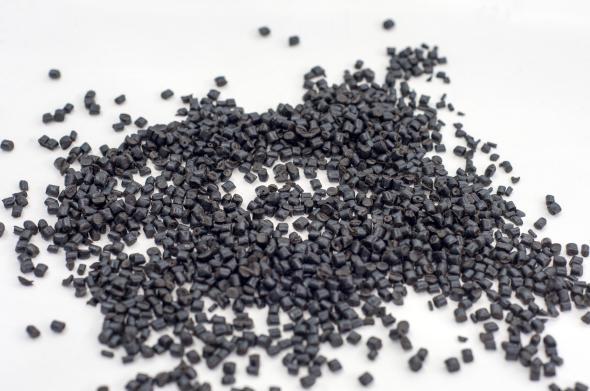Throughout September, Futurography focused on the question of nanotechnology, with articles from and about experts in a wide range of research areas. We looked into the history of the field, the difficulty of defining nanomaterials, and even the relationship of nanotechnology to art. But we’re also interested in what you have to say. To that end, we’ve written up your responses to our survey on the topic. We hope that you’ll continue to follow along as we look into the changing state of ownership this month.
Responding to a question about the most promising research areas in nanotechnology, the majority of readers indicated that they’re most intrigued by the field’s biomedical potential. A few got more specific, suggesting that they think it might make useful contributions to the study of aging, while others highlighted its role in cancer research. Additional points of interest included computing technology, materials science, and energy storage.
Though that last angle proved compelling for many readers, at least one counted nanobatteries among the most overhyped angles of nanotechnology, since “they are not coming to market yet.” Unsurprisingly, many also scoffed at the the promise of Terminator-style “robot people” or nanomachines more generally, suggesting that such considerations distract from more serious research. Taking a similar approach, one more reader claimed the “utopian view” that sometimes circulates around nanotechnology more generally is dubious, since “most new technologies create new problems.”
Despite that vague possibility of future issues, readers generally suggested that they weren’t especially concerned about nanotechnology. “[U]ntil the build self-replicating nanobots there’s no worry of grey goo,” a respondent proposed, alluding to the most prominent apocalyptic scenario associated with the field. Others expressed similar positions: “No, it seems cool,” one answered, while another wrote that he or she was “not even a little bit” worried. That may be because, as a reader claimed, “we’re not far enough along in [nanotechnology’s] development” to worry about anything really practical.
In response to the question about hype, another reader nodded to Andrew Maynard’s feelings of nanofatigue, observing, “Use of the phrase nanotechnology” is itself a little too common. To be sure, not everyone who wrote in felt that the term was worthless. Like some of the experts we spoke with while assembling the course, a significant percentage of readers who wrote in suggested that nanotechnology is still a compelling term. Elaborating on this, one reader pointed out that it’s partially useful as because its appearance in popular science fiction has given it “decent enough penetration so that the public understands it.”
While many seemed to share that conviction, a few felt that we still need a clearer term, or multiple terms that are more specific to the varied topics the word currently encompasses. Another reader proposed that it may be too early for the quest, writing, “Ultimately the end user defines the language used in any technology, there’s almost no dramatic examples of this technology in daily use. Show me that self-cleaning carpet or blood cells with RNA backup and there’ll be better lingo.” In other words, we may have a better sense of how to talk about nanotechnology when we’re truly living with it.
Regardless, readers were left with a few questions as the field continues to develop. “When is it going to be commercial?” one wondered. “Exactly who is investing in it?” another asked. And one especially enthusiastic reader wondered, “How small can we go??” We’re eager to find out the answer to that one too.
